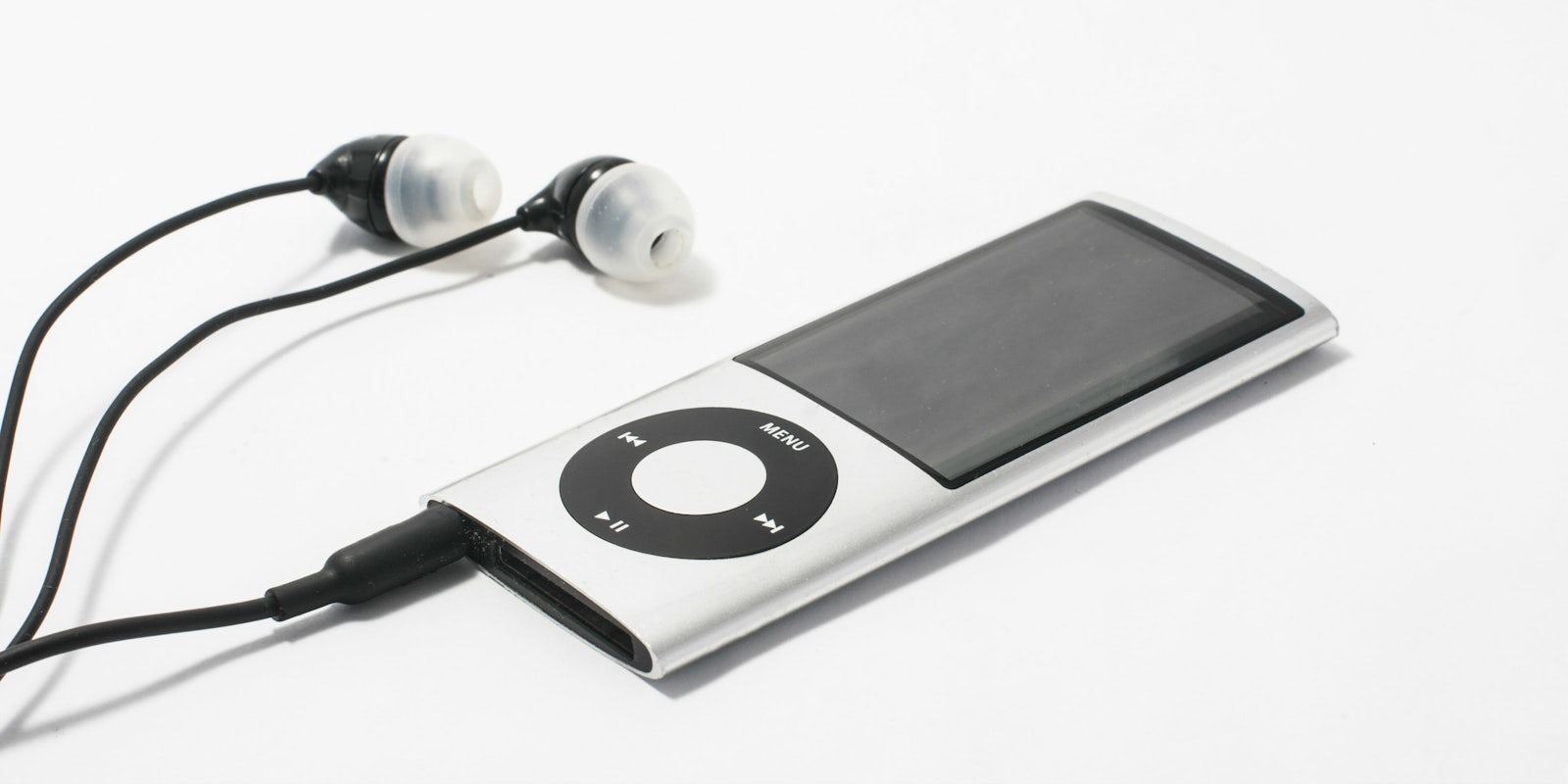An inmate at a Florida prison is suing the Florida Department of Corrections (FDOC) for facilitating a shift in their prison that’s depriving him of his (and other prisoners’) access to hundreds of dollars worth of music.
William Demler, who was vocal about his opposition to the move back when it happened, is filing a class-action status claiming that the prison took away his music, that he paid $569.50 for, without compensating him.
Demler had previously said that access to prison-sponsored music was advertised by the prison system. The facility allowed prisoners to buy a digital music system for $99 or $119, with further songs and audiobooks for an additional $1.70 each. But the key to this access was the understanding that the system would be permanent.
This was the case until the prison switched contracts and signed up with JPay, which required inmates to trade their music for a new music system or pay $25 to have their music shipped to a family member, which would essentially mean nothing for those serving a life sentence, such as Demler.
On Tuesday, Demler filed the lawsuit on behalf of other prisoners across Florida, claiming that they were initially told they would “always own” the digital music that they had bought under the previous facility, but are now not allowed to transfer them to their new tablet under the new contract.
Under the new program, prisoners would have to re-purchase music or audio-books they had already bought under the previous system. Demler also claimed that prisoners have since written “hundreds of grievances and administrative appeals” complaining about their loss but FDOC has denied them.
The FDOC told Ars Technica “We procured an alternative contract to make updated technology available with features to enhance familial interactions, educational opportunities, and inmate well-being.”
H/T Ars Technica


